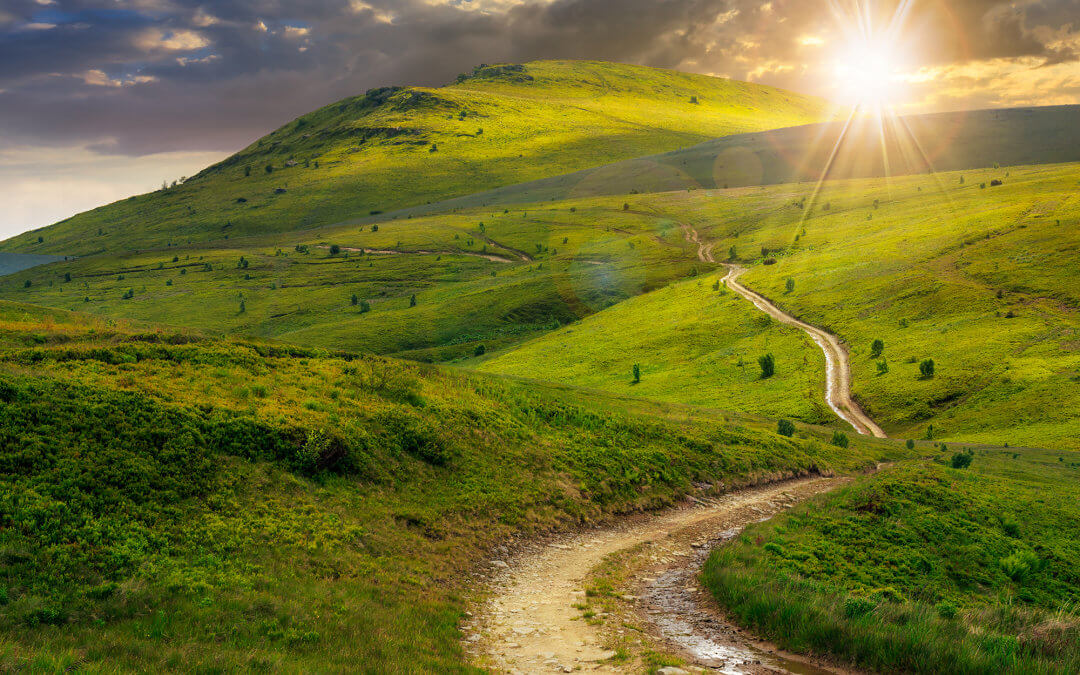“If I were to wish for anything, I should not wish for wealth and power, but for the passionate sense of the potential, for the eye which, ever young and ardent, sees the possible. Pleasure disappoints, possibility never. And what wine is so sparkling, what so fragrant, what so intoxicating, as possibility!”
Soren kierkegaard
The great family therapist Virginia Satir once said that what people seek the most is the familiar. This explains why people stay in unhealthy situations and in stuck situations. Better the devil you know and all that. The familiar, the known, even if it is miserable or scary, still has some measure of safety, of predictability and certainty. This is why we cleave to habits, create routines, and follow well-worn paths and patterns. It might be something as simple as the way you walk to work, what you eat for breakfast, to where you go on holidays. However, it also relates to big decisions in life involving career and relationships, where to live, and generally what to do with your life.
There is something comforting about the familiar. It feels natural and easy. There is little effort required. It is like a river that flows over a well-worn riverbed; there is little struggle or resistance. We create these riverbeds in our brains, deepening and reinforcing neural pathways every time we repeat an action, be it a thought, an emotion, a physical movement, or any other behaviour or action. The awkwardness that accompanies new learning is testimony to this: it feels uncomfortable, unnatural, off-kilter, out of sorts.
As a result, we operate within a narrow frame of experience. Our world shrinks around a very limited set of perceptions and actions. We create perceptual cages that limit our imaginations and blind us to the burgeoning possibilities and the latent potential that exists within us. So, the familiar becomes a false friend which imprisons us, curbing our growth and development, suppressing our possibilities.
We always do what we have always done and always get what we have always got. This is enacted both on a personal level in our individual lives and on the collective level in our social lives. As a result, we pursue and repeat self-defeating behaviours, destructive patterns, and life-limiting ways, that curb creativity and imagination.
The willingness to leave behind the safety of the familiar and imagine and explore new possibilities is what makes growth and the actualisation of potential possible. In fact, it is what we are designed to do. It begins by looking at what is and asking ‘What if?’ It means a willingness to engage a philosophy of possibility instead of creating and reinforcing assumptions and beliefs that support limitation, helplessness, and feeling stuck.
This change requires both curiosity and courage. Curiosity to explore the possible paths that life offers and the courage to act on those possibilities. When we do so we begin to see it is not externals that limit us but the assumptions and beliefs that we ourselves create around what is possible that hold us back. When we begin to drop these limiting perceptions new vistas and visions emerge in the imagination, new avenues of action become actualised, and new life becomes possible.

